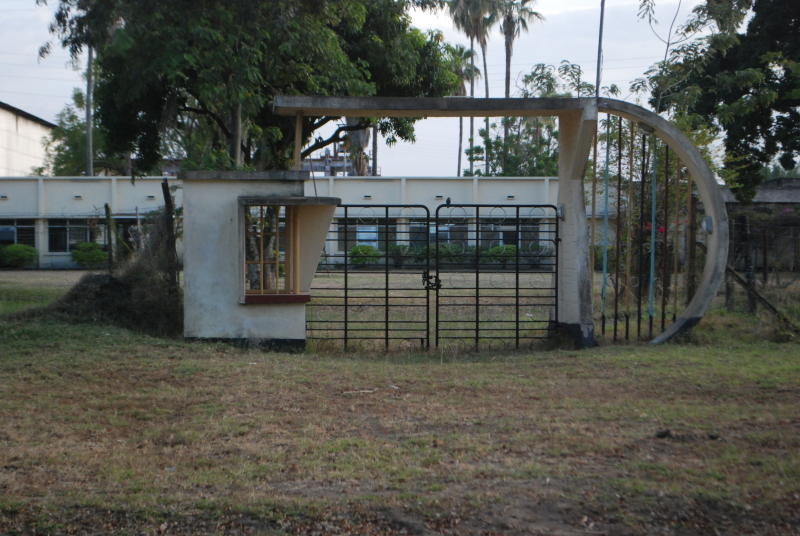×
The Standard e-Paper
Fearless, Trusted News

KISUMU, KENYA: The hearing of a case on an alleged fraudulent transfer of a Sh2.5 billion land belonging to Miwani Sugar Company stalled for a second time.
This is after a key witness who was supposed to testify before Chief Magistrate Julius Ngar’ Ngar’ failed to attend Monday proceedings.